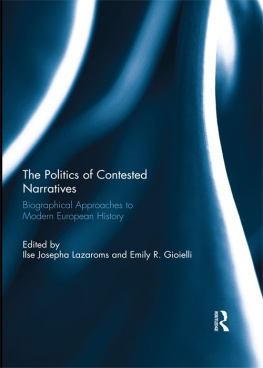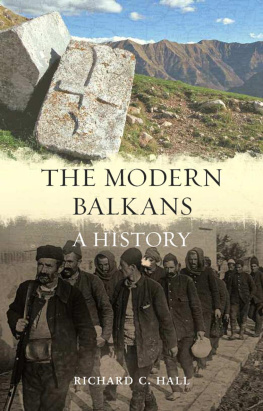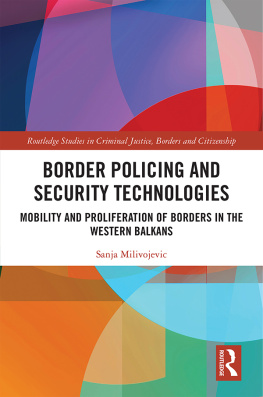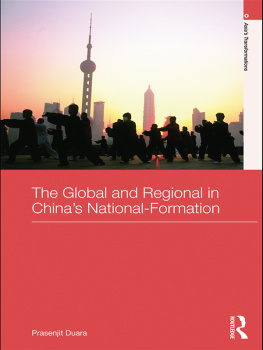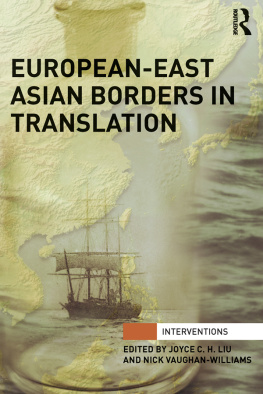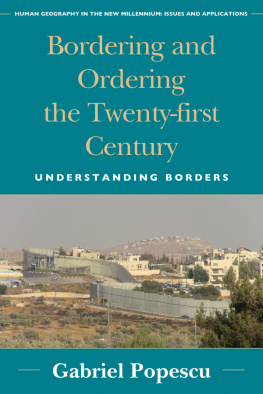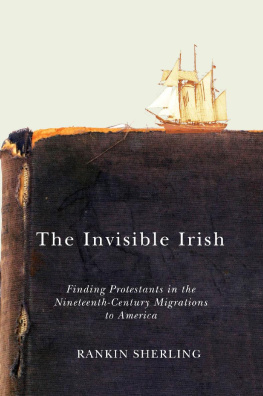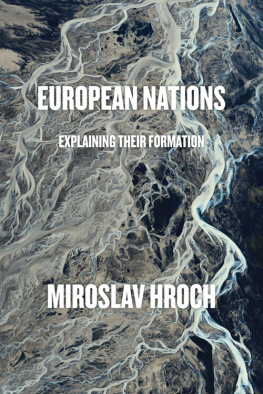Margit Fauser - Migrations and Border Processes: Practices and Politics of Belonging and Exclusion in Europe from the Nineteenth to the Twenty-First Century
Here you can read online Margit Fauser - Migrations and Border Processes: Practices and Politics of Belonging and Exclusion in Europe from the Nineteenth to the Twenty-First Century full text of the book (entire story) in english for free. Download pdf and epub, get meaning, cover and reviews about this ebook. year: 2021, publisher: Routledge, genre: Politics. Description of the work, (preface) as well as reviews are available. Best literature library LitArk.com created for fans of good reading and offers a wide selection of genres:
Romance novel
Science fiction
Adventure
Detective
Science
History
Home and family
Prose
Art
Politics
Computer
Non-fiction
Religion
Business
Children
Humor
Choose a favorite category and find really read worthwhile books. Enjoy immersion in the world of imagination, feel the emotions of the characters or learn something new for yourself, make an fascinating discovery.

- Book:Migrations and Border Processes: Practices and Politics of Belonging and Exclusion in Europe from the Nineteenth to the Twenty-First Century
- Author:
- Publisher:Routledge
- Genre:
- Year:2021
- Rating:4 / 5
- Favourites:Add to favourites
- Your mark:
Migrations and Border Processes: Practices and Politics of Belonging and Exclusion in Europe from the Nineteenth to the Twenty-First Century: summary, description and annotation
We offer to read an annotation, description, summary or preface (depends on what the author of the book "Migrations and Border Processes: Practices and Politics of Belonging and Exclusion in Europe from the Nineteenth to the Twenty-First Century" wrote himself). If you haven't found the necessary information about the book — write in the comments, we will try to find it.
Migrations and Border Processes: Practices and Politics of Belonging and Exclusion in Europe from the Nineteenth to the Twenty-First Century brings together scholars from history, sociology and anthropology to explore cross-boundary mobility and migration during the formation, development, and transformation of the modern (nation-)state explicating the conflictive and fluctuating character of borders.
Current media images of a fortress Europe suggest that migrations and borders are closely connected. The historical perspective demonstrates that such bordering processes are not new. However, they have developed new dynamics in different historical phases, from the formation of the modern (nation-)state in the nineteenth century to the creation of the European Union during the second half of the twentieth century. This book explains the dynamic relationships between borders and migratory movements in Europe from the nineteenth century to the present by approaching them from four different, overlapping angles: (1) the multiple actors involved, (2) scales and places of borders and their crossings, (3) the instruments and techniques employed and (4) the significance of social categories. Focusing on the historical, local specificity of the complex relations between migrations and boundaries will help denaturalize the concept of the border as well as further reflection on the shifting definitions of migration and belonging.
The chapters in this book were originally published as a special issue of the Journal of Borderlands Studies.
Margit Fauser: author's other books
Who wrote Migrations and Border Processes: Practices and Politics of Belonging and Exclusion in Europe from the Nineteenth to the Twenty-First Century? Find out the surname, the name of the author of the book and a list of all author's works by series.

